 https://sosny.com/wp-content/uploads/2025/02/Side-view-construction-texting-text-message-on-smartphone.jpg
1250
2000
Abstrakt Marketing
/wp-content/uploads/2024/04/SOS-Logo-Color-New.png
Abstrakt Marketing2025-02-25 14:59:292025-04-02 20:29:15Why Architecture Firms Are Switching to VoIP
https://sosny.com/wp-content/uploads/2025/02/Side-view-construction-texting-text-message-on-smartphone.jpg
1250
2000
Abstrakt Marketing
/wp-content/uploads/2024/04/SOS-Logo-Color-New.png
Abstrakt Marketing2025-02-25 14:59:292025-04-02 20:29:15Why Architecture Firms Are Switching to VoIPHosted VoIP vs. On-Premise Phone Systems
As businesses strive to enhance their communication infrastructure, choosing the right phone system becomes crucial. In this blog, we will explore the differences between hosted VoIP and on-premise phone systems, compare their features, and highlight the benefits of adopting a hosted VoIP solution for your business.
Understanding Hosted VoIP and On-Premise Phone Systems
Before comparing hosted VoIP and on-premise phone systems, it’s essential to understand what each communication solution is.
What Is Hosted VoIP?
Hosted VoIP (Voice over Internet Protocol) is a cloud-based phone service where the service provider hosts and manages the entire communication system. This means that the VoIP servers, hardware, and software are all maintained off-site by the provider, allowing businesses to access the service over the internet. Hosted VoIP systems utilize internet connections to transmit voice data, offering greater flexibility and a range of features that traditional phone systems cannot match.
What Is an On-Premise Phone System?
An on-premise phone system, also known as a private branch exchange (PBX), is a traditional phone system where the hardware and infrastructure are installed and maintained on-site at the business’s location. The company is responsible for managing, updating, and maintaining the system. On-premise systems connect to the public switched telephone network (PSTN) through physical lines, and businesses must handle all aspects of their maintenance and operation.
Hosted VoIP vs. On-Premise Phones: Key Differences
Understanding the key differences between hosted VoIP and on-premise phone systems can help businesses make informed decisions about their communication needs.
Initial Investment
Hosted VoIP generally requires a lower initial investment since there is no need for expensive on-site hardware. Businesses only need to invest in IP phones and internet service. This affordability makes hosted VoIP an attractive option for startups and small businesses.
In contrast, on-premise systems involve significant upfront costs for purchasing and installing the necessary hardware and infrastructure. This includes servers, PBX equipment, and specialized cabling, which can be a considerable financial burden.
Maintenance and Upgrades
Hosted VoIP providers handle all maintenance and upgrades, often included in the subscription fee. This reduces the burden on IT staff and ensures the system is always up-to-date. Businesses can benefit from regular updates and new features without additional costs.
On-premise systems require ongoing maintenance and upgrades managed by the business, which can be costly and time-consuming. Companies need dedicated IT personnel to manage the system, adding to operational expenses.
Scalability and Flexibility
Hosted VoIP offers excellent scalability, allowing businesses to easily add or remove lines as needed. This flexibility is ideal for growing businesses or those with fluctuating communication needs. Companies can quickly adjust their services to match seasonal demands or expand to new locations without significant investments.
On-premise systems are less flexible, requiring additional hardware and infrastructure changes to scale up or down, which can be costly and time-consuming. Businesses may face downtime and disruption during these upgrades.
Reliability and Uptime
Hosted VoIP providers typically offer high reliability and uptime, with robust data centers and redundant systems in place to ensure continuous service. Any issues are quickly addressed by the provider, ensuring minimal disruption to business operations. Service Level Agreements (SLAs) often guarantee a certain level of performance and availability.
With on-premise systems, the business is responsible for ensuring reliability and uptime. This requires having IT staff available to handle any issues, which can lead to longer downtimes. In case of hardware failures or power outages, businesses must have contingency plans to maintain communication.
Features and Functionality
Hosted VoIP systems often come with a wide range of advanced features such as voicemail-to-email, auto-attendants, call forwarding, and mobile integration. These features are usually included in the subscription fee, providing a comprehensive communication solution without additional costs.
On-premise systems may offer similar features, but they often require additional hardware, software, and licensing fees, making them more expensive to implement and maintain. Businesses must invest in upgrades and licenses to keep the system up-to-date.
Integration Capabilities
Hosted VoIP systems easily integrate with other cloud-based applications, such as Customer Relationship Management (CRM) software, email, and collaboration tools. This integration enhances productivity by streamlining workflows and improving communication.
On-premise systems may have limited integration capabilities, requiring custom development or additional hardware to connect with other business applications. This can increase complexity and costs.
Superior Office Solutions is committed to providing leading business phone solutions for organizations in New York, helping them stay connected and productive.
Pros and Cons of Hosted VoIP
Hosted VoIP systems offer numerous advantages, but there are also some considerations to keep in mind.
Pros
- Cost-Effectiveness: Hosted VoIP has lower upfront costs and predictable monthly fees.
- Easy Maintenance: Service providers handle all maintenance, updates, and upgrades.
- Scalability: Hosted VoIP systems are highly scalable and easy to adjust.
- Advanced Features: Hosted VoIP includes a variety of advanced features at no extra cost.
- Remote Work Support: Hosted VoIP supports remote work, enabling access from anywhere.
Cons
- Internet Dependency: Hosted VoIP relies on a stable internet connection.
- Security Concerns: Businesses must ensure their provider has robust security measures.
Pros and Cons of On-Premise Phone Systems
On-premise phone systems have been a staple in business communication for many years. Here are some pros and cons to consider.
Pros
- Control: Businesses have complete control over their on-premise systems.
- Reliability: With proper maintenance, on-premise systems can be very reliable.
- Security: On-premise systems can offer higher security with custom protocols.
Cons
- High Initial Costs: The initial investment for on-premise systems is high.
- Maintenance Burden: Ongoing maintenance and upgrades are the business’s responsibility.
- Limited Scalability: Scaling an on-premise system can be challenging and expensive.
Why Hosted VoIP is the Preferred Choice
Hosted VoIP has become the preferred choice for many businesses due to its numerous advantages that align with modern communication needs and business dynamics.
Cost Efficiency
One of the most significant advantages of hosted VoIP is cost efficiency. Without the need for substantial initial investments in hardware and infrastructure, businesses can allocate funds to other critical areas. Predictable monthly fees simplify budgeting and financial planning, making hosted VoIP a financially viable option for businesses of all sizes.
Operational Simplicity
Hosted VoIP systems simplify operations by offloading the maintenance, updates, and technical support to the service provider. This operational simplicity allows businesses to focus on their core activities, knowing their communication system is managed by experts. IT teams can redirect their efforts toward strategic initiatives rather than routine maintenance.
Rapid Adaptability
The flexibility and scalability of hosted VoIP systems cater to businesses that need to adapt quickly to changing circumstances. Whether a business is expanding, downsizing, or experiencing seasonal fluctuations, hosted VoIP allows for seamless adjustments. This adaptability ensures that communication capabilities align with business growth and changing needs without significant delays or costs.
Enhancing Collaboration and Productivity
Hosted VoIP systems come equipped with advanced features that foster collaboration and enhance productivity. Tools such as video conferencing, call analytics, and mobile integration enable teams to communicate more effectively and efficiently. These features are often included in the service package, providing businesses with powerful tools without additional costs.
Supporting Remote and Hybrid Work
The shift towards remote and hybrid work models has made hosted VoIP an essential solution for many businesses. With hosted VoIP, employees can access the phone system from any location with an internet connection. This capability ensures consistent communication and collaboration, regardless of where team members are located, supporting the modern workforce’s needs.
Explore Hosted VoIP Solutions With Superior Office Solutions
Superior Office Solutions offers top-tier hosted VoIP services designed to enhance your business communication and adapt to the digital age. Our expert team ensures seamless integration and ongoing support, allowing you to focus on your core business activities. Reach out to our team today to discover how our hosted VoIP solutions can transform your business.











